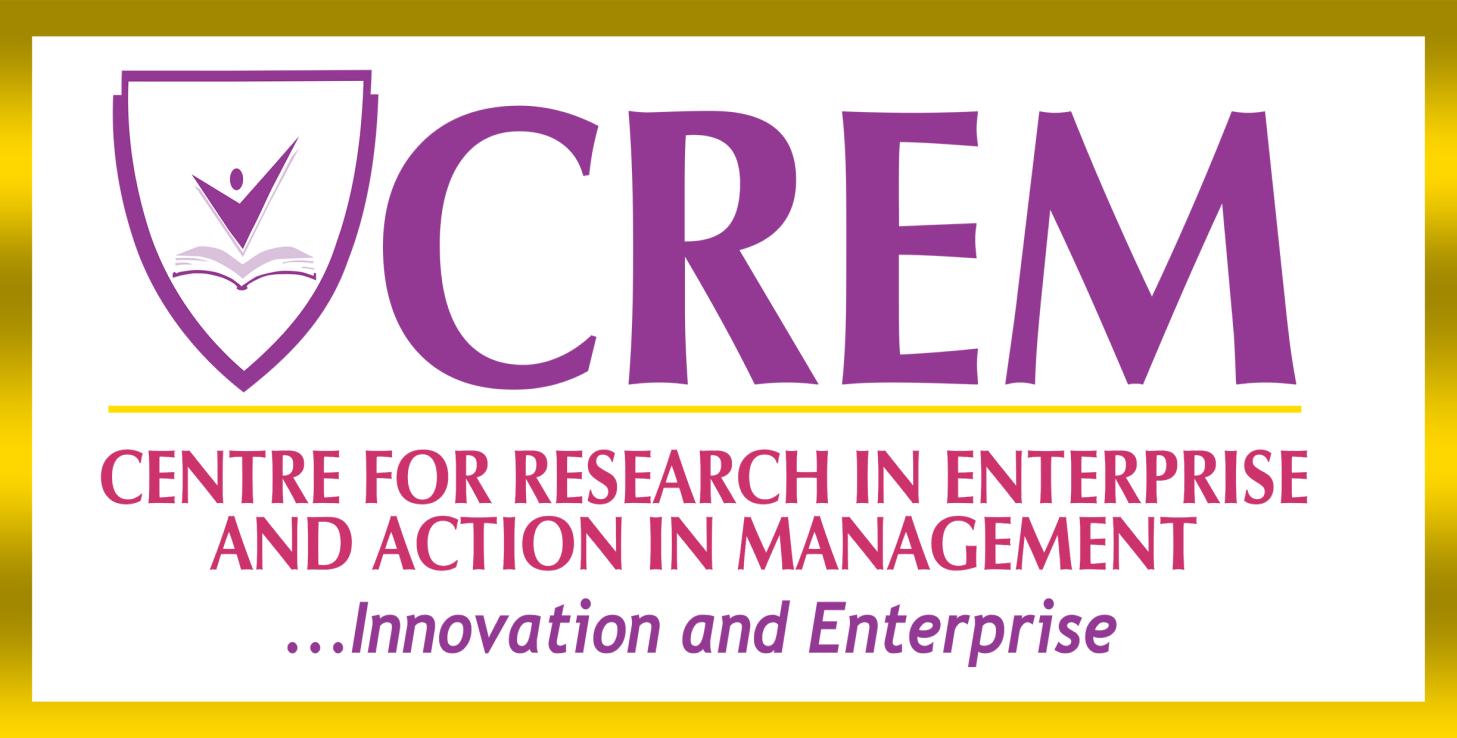
Nigeria, like many other countries, is experiencing inflation, which poses significant challenges for startups. Inflation leads to rising costs of goods and services, reduced consumer purchasing power, and increased uncertainty. However, with strategic planning and proactive measures, startups can navigate this challenging economic environment and even find opportunities for growth.
Let’s examine inflation a little deeper given that the fulcrum of this discuss is sustaining startups amidst inflation. Inflation could be cost-push or demand-pull when you are examining the likely cause of inflation in a given economy. However, when you are measuring the rate of inflation it could be creeping, galloping, or hyperinflation.
Using Nigeria as a case study, inflation as at December 2024 stood at 34.80%. Startups struggled significantly to keep their heads above the water. Manufactures found it difficult to cover their average cost and profit became elusive.
With reduced purchasing power for goods and services, startups who ventured into fintech, trading, consulting, etc. have faced low patronage from corporates and individuals alike. The low patronage is not a function of lack of need for the goods and services but a direct function of low disposable income coupled with low real value of money. A situation where 33% of the Nigeria population lives in multi-dimensional poverty there is no gain saying that demand will be low and where the even exist it is not effective.
Granted the high cost of goods and services, one can safely adduce that ours is triggered by cost-push.
Given the foregoing, let’s examine practical guides for startups to remain afloat even as inflation persist in Nigeria.
1. Robust Cash Flow Management
Effective cash flow management is critical for maintaining liquidity and ensuring operational stability during inflation.
- Maintain a Cash Reserve: Build and maintain a cash reserve to cushion against unexpected expenses and cash flow shortfalls.
- Accelerate Receivables: Implement strategies to speed up the collection of receivables. Offer early payment discounts or use invoice factoring services.
- Delay Payables: Negotiate longer payment terms with suppliers to retain cash for a longer period.
2. Adjust Pricing Strategies
Adjusting pricing strategies is essential to cope with rising costs without losing customers.
- Value-Based Pricing: Ensure your prices reflect the value provided, allowing for necessary price increases.
- Dynamic Pricing: Use technology to implement dynamic pricing, adjusting prices in real-time based on market conditions and costs.
3. Optimize Operational Efficiency
Improving operational efficiency can help reduce costs and improve margins.
- Lean Operations: Streamline operations to eliminate waste and improve efficiency. Adopt lean management principles to optimize processes.
- Automation: Invest in automation to reduce labor costs and enhance productivity. Automating repetitive tasks can lead to significant cost savings.
4. Enhance Customer Value Proposition
Focusing on delivering exceptional value to customers can help maintain loyalty even as prices rise.
- Quality Focus: Ensure your products or services stand out in terms of quality and reliability. Customers are more likely to accept higher prices if they perceive high value.
- Customer Retention Programs: Develop strong customer relationships and loyalty programs to encourage repeat business.
5. Secure Diverse Funding
Access to diverse funding sources can provide the financial stability needed to weather inflationary periods.
- Venture Capital and Angel Investors: Continue to seek venture capital and angel investments to strengthen your financial base.
- Grants and Loans: Explore grants and loans tailored for startups. Government programs and private sector initiatives often provide favorable terms.
6. Invest in Technology
Investing in technology can enhance efficiency and create competitive advantages.
- Digital Transformation: Leverage digital tools to improve scalability and reduce operational costs. Technologies such as cloud computing, AI, and machine learning can drive efficiencies.
- Data Analytics: Use data analytics to make informed decisions, optimize operations, and better understand market trends.
7. Diversify Revenue Streams
Diversifying revenue streams can reduce risk and provide additional financial stability.
- New Markets: Explore and enter new markets to spread risk. Geographic diversification can mitigate the impact of inflation in a single market.
- Product/Service Expansion: Develop new products or services to attract a broader customer base. Innovation can open new revenue streams and increase market share.
8. Adapt Marketing Strategies
Effective marketing can help sustain customer engagement and drive sales during inflation.
- Targeted Marketing: Use data-driven marketing to target the most profitable customer segments. Personalize marketing messages to resonate with key audiences.
- Cost-Effective Channels: Utilize digital marketing channels that offer higher ROI. Social media, email marketing, and content marketing can be cost-effective and impactful.
9. Form Strategic Partnerships
Collaborations and partnerships can provide additional resources and market opportunities.
- Business Alliances: Form alliances with other businesses to share resources and expand reach. Partnerships can provide access to new customer bases and distribution channels.
- Joint Ventures: Consider joint ventures to enter new markets or develop new products. Shared investments can reduce individual risk.
10. Stay Agile and Adaptable
Agility and adaptability are crucial for surviving and thriving during inflation.
- Continuous Improvement: Regularly review and improve processes, strategies, and operations. Stay open to change and innovation.
- Monitor Economic Indicators: Keep a close eye on economic indicators and adjust your strategies accordingly. Being proactive can help you stay ahead of inflationary pressures.
Conclusion
Surviving and scaling a startup during inflation in Nigeria requires strategic planning, operational efficiency, and a strong focus on delivering value to customers. By implementing these strategies and staying adaptable, startups can navigate the challenges of inflation and position themselves for long-term success.

